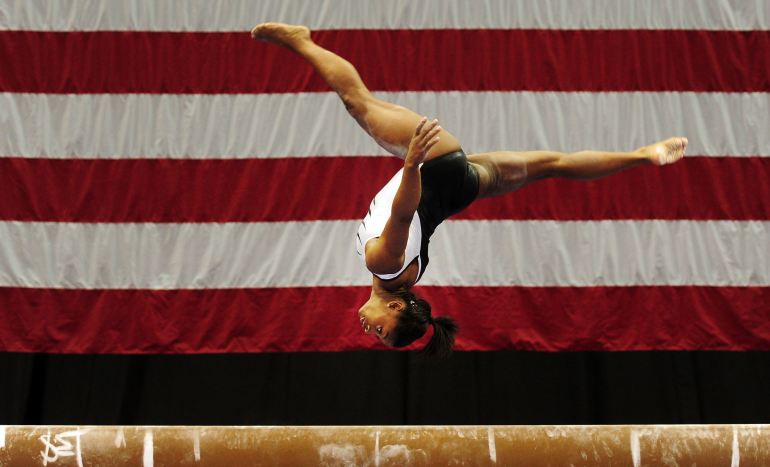Happiness as an Effect
Athletic participation improves an individual’s overall outlook on life. Female, non-athletes are more likely to suffer from body issues, anxiety and depression than athletes.
These issues are not just evident in scientific research, but are also substantiated by the greatest of athletes: Olympians. Following interviews with Olympic athletes, Kerri Walsh Jennings (nicknamed ‘Six Feet of Sunshine’) and Summer Sanders, psychiatrist Sheenie Ambardar notes each athlete’s positivity: “I couldn’t help but be struck by how vibrant, cheerful, and just plain happy they seemed. They were truly oozing positivity from their pores!”
Happiness as a Cause
A recent study by the British Journal of Arts and Social Sciences asserts that happiness can elevate athletic performance.
“Athletes with high levels of mental happiness are more successful than those with low level of this variable. Therefore, it can be concluded that mental happiness has a main role in prediction of success in sports by athletes.”
Because success often define’s an athlete’s happiness, one must be mindful of goal setting. Setting small, achievable goals will ultimately improve  one’s happiness. If small goals are set, smaller periods of time will elapse between accomplishments. This shorter period of time provides a sense of success that doesn’t have to withstand long periods of time.
one’s happiness. If small goals are set, smaller periods of time will elapse between accomplishments. This shorter period of time provides a sense of success that doesn’t have to withstand long periods of time.
From an alternate angle, athletes seeking success must find a balance outside of athletics that optimizes happiness. If an athlete gains happiness from external factors, that happiness has the potential to translate into athletic performance.
The Exception
Because athletes are typically competitive by nature, sometimes the pressure becomes too great and drives the athlete to be self-destructive. For example, many athletes involved in individual sports such as ice-skating and gymnastics, suffer from eating disorders due to the pressure of appearing dainty. Similarly, many elite athletes under large amounts of pressure often succumb to over-training and eating disorders in order to get ahead of the competition.
For more information on athlete eating disorders and over-training, visit this website.
